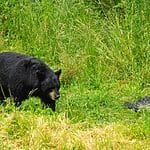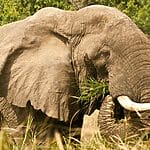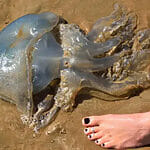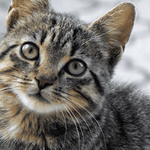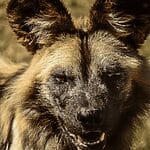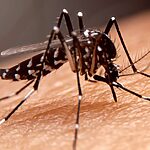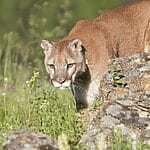A koala may seem like a harmless, cuddly animal, but encounters with them can sometimes turn unpleasant. If one bites, the situation can be both painful and surprising. Koalas have sharp teeth, and bites can lead to deep wounds or even infection if not treated quickly. Understanding what steps to take in this scenario is crucial for your safety.
In rare cases, koalas can carry harmful bacteria in their mouths, which may cause complications if left untreated. Immediate action can prevent further harm, but knowing what to do isn’t always common knowledge.
This guide will walk you through what to do if a koala bites you, addressing the steps you should take to ensure proper care. Keep reading to learn how to protect yourself and avoid any lasting consequences.
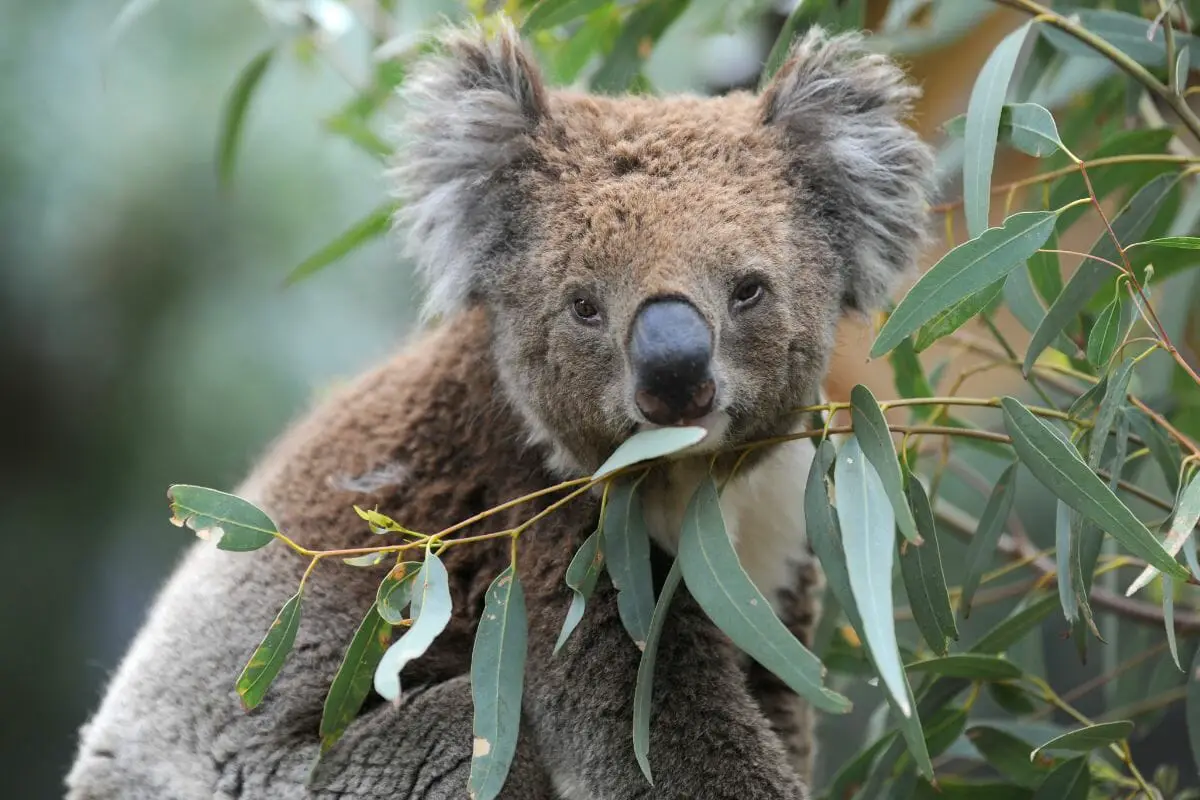
Why Would A Koala Bite A Human?
If you anticipate interacting with any koalas at some point in the future, it’s important to remember that instances of koalas biting humans are quite rare.
While we wouldn’t recommend picking up and petting any wild animal outside of a controlled and ethical environment, koalas are docile animals with gentle temperaments.
However, like most animals, if a koala feels threatened, it will defend itself.
Since koalas, despite their peaceful nature, have very strong jaws and sharp teeth, a koala bite can penetrate deep into the skin and flesh.
Moreover, koalas can carry some pretty nasty bacteria in their mouths, and if that bacteria gets into your bloodstream through an open wound, you could be in serious trouble if you don’t seek medical attention promptly.
What Happens If You Are Bitten By A Koala?

If you’re bitten by a koala, the first thing you’re likely to experience (after the initial shock) is extreme pain.
As we mentioned, koalas have a very strong bite due to their powerful jaws, so a koala bite can cause a lot of pain and a fair amount of bleeding.
Unfortunately, that’s not the extent of the problems you could face after being bitten by a koala.
Koalas carry Lonepinella bacteria in their mouths. Lonepinella is a type of Gram-negative bacteria belonging to the Pasteurellaceae family.
As well as being present in the feces of koalas, it has also been identified in the mouths of these animals, and it can be transferred to the human bloodstream in the event of a bite.
Lonepinella Infection Case Studies
To find out to what extent a Lonepinella infection is dangerous to humans, we only need to look at some case studies of people who have been bitten by koalas in the past.
Since koala attacks are rare, there are only 3 known case studies for such incidents, but they provide enough information to give us a good idea of what can happen if Lonepinella bacteria gets into the human bloodstream after a koala bite.
In the case of a 69-year-old woman from Queensland, a koala bite left a 2-centimeter cut as well as several puncture wounds on her hand.
Despite the wound being cleaned and antibiotics being administered, a rash (erythema) and swelling (edema) still occurred after 2 days.
In the end, the woman needed to undergo a procedure called debridement, where infected and necrotic tissue is surgically removed to stop an infection from spreading.
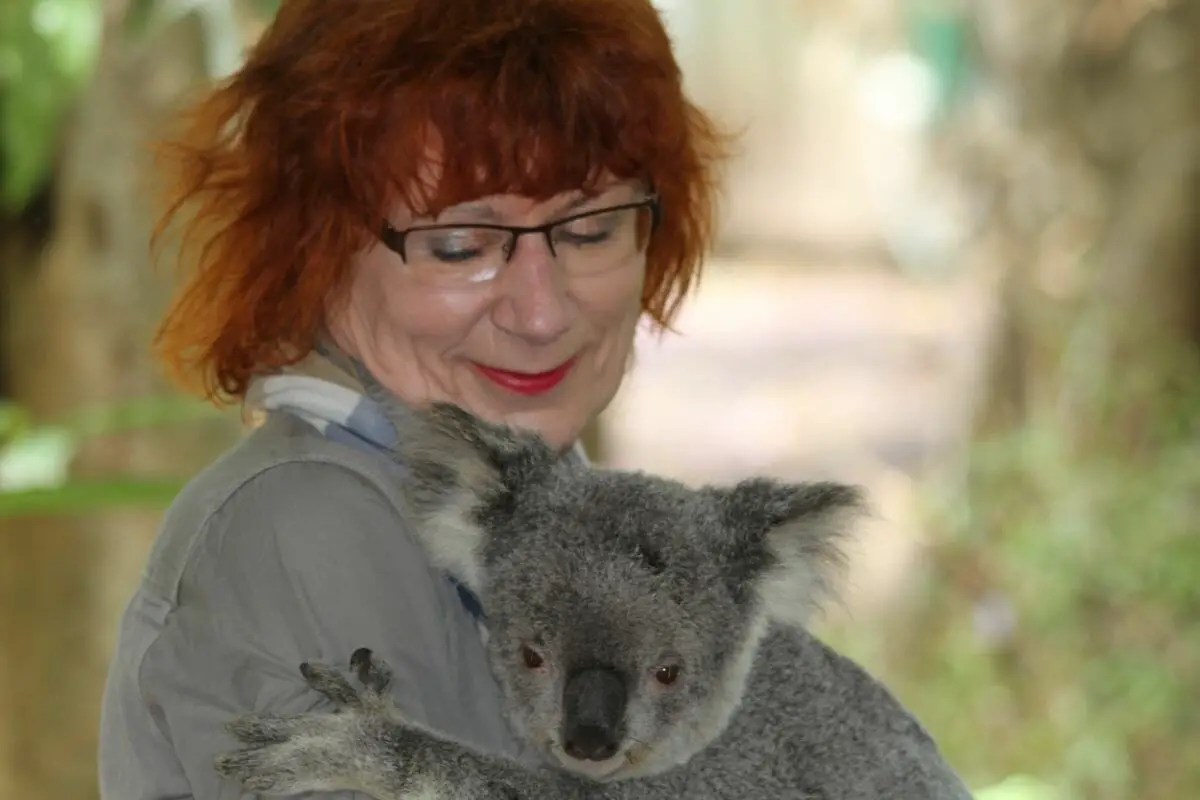
Two years earlier, in 2012, a 62-year-old man, also from Queensland, also had to have a debridement procedure performed on his thumb.
He had been bitten by a koala, and the incident resulted in a crush bite to his thumb, and he soon developed a fever along with pain and swelling in his hand.
There is also the case of a 66-year-old Queensland woman who developed an accumulation of pus in the metacarpophalangeal joint and thenar muscle compartment of her right hand following a koala bite.
Again, surgical debridement was needed along with a course of antibiotics.
So, if you’re bitten by a koala, the chances are, you will need treatment for a Lonepinella infection.
This will always involve cleaning the wound and a course of antibiotics, but the area may also need debridement to stop the infection from spreading.
You’re likely to experience pain, discoloration, swelling, or a rash near the bite wound, and depending on how far the infection spreads, you may also start to feel unwell and develop a fever.
What To Do If A Koala Bites You?
If a koala bites you, the first thing to do is try your best not to panic. Disengage from the koala as quickly and calmly as possible.
If you’re struggling to do so and there are other people nearby, call for help.
Once you have stopped the koala from biting you, you’ll need to figure out the quickest way to get medical attention.
This may mean having someone drive you to the nearest emergency department (please don’t attempt to drive yourself as you may start to experience symptoms of shock or malaise) or calling an ambulance.
If you’re at a wildlife park, for example, there is likely to be a medical facility close by where you can receive immediate first aid before being transported to the emergency department.
If the koala has managed to bite off any part of your body (this would be an extremely unlikely occurrence), wrap the body part in clean tissue paper and put it on ice in a plastic bag.
Take it with you to the hospital.
Once you are at the hospital, you will receive emergency treatment for the wound itself and the Lonepinella infection.
The wound will be cleaned and you’ll be given antibiotics.
Depending on the severity of the wound and the progression of the infection, you may also need debridement and you might need to stay in hospital for monitoring until the wound shows signs of improvement and your symptoms have eased.
It is essential to take all antibiotics as prescribed until the course is terminated, and you must seek treatment at the earliest opportunity to stop the infection from spreading.
How To Avoid Being Bitten By A Koala?
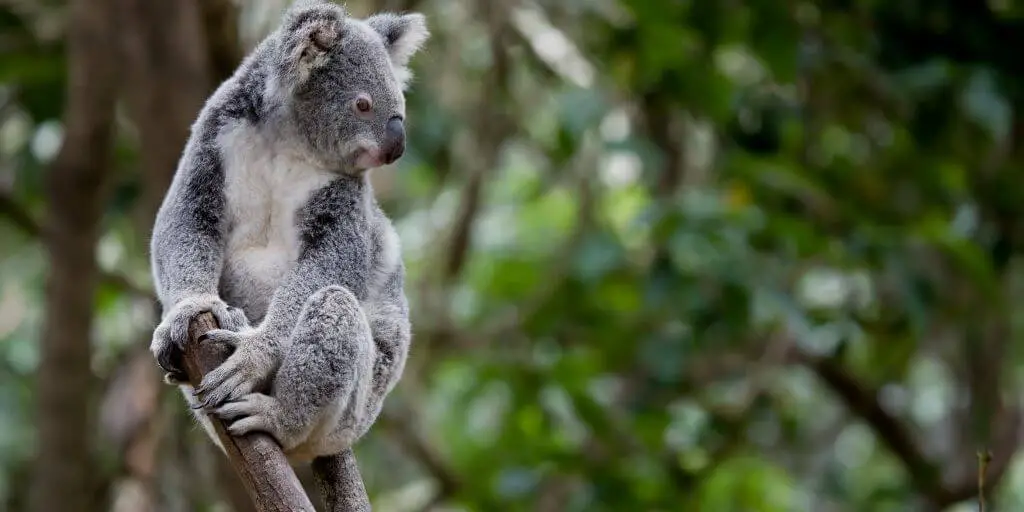
There are wildlife sanctuaries where you can hold and interact with koalas while being supervised by trained wildlife handlers.
Outside of these situations, we would always recommend avoiding direct contact with koalas to minimize your chances of being bitten.
Do not approach koalas with loud noises, violent gestures, or any body language that might signify aggression.
If you come across a koala in the wild, stay quiet and calm and observe it from a distance.
Koalas generally only bite if provoked, so if you don’t frighten or manhandle a koala, the chances of you getting bitten are extremely slim.
FAQs
What happens if a koala bites you?
If a koala bites you, expect severe pain and bleeding due to their strong jaws. Immediate medical attention is crucial to prevent infection from Lonepinella bacteria, which koalas can carry. Treatment includes wound cleaning, antibiotics, and potentially surgical debridement to remove infected tissue.
Is it safe to touch a koala?
Touching a koala in a controlled environment, supervised by trained handlers, is generally safe. However, wild koalas should not be approached or handled to avoid stress and potential bites. Always interact with koalas in designated wildlife sanctuaries for your safety and theirs.
Do koalas bite hard?
Yes, koalas can bite hard. Their strong jaws and sharp teeth can cause deep, painful wounds. While koala bites are rare and usually occur only when they feel threatened, the force of their bite can lead to significant injury and require prompt medical care.
Final Thoughts
Koala bites, while rare, can lead to severe pain, bleeding, and serious infections due to the Lonepinella bacteria in their mouths. Interacting with koalas should be done cautiously and preferably in a controlled environment under the supervision of trained handlers to ensure safety.
While these gentle marsupials generally only bite when threatened, their powerful jaws and sharp teeth can inflict significant damage. If bitten, seeking immediate medical attention is essential to prevent complications. By respecting their space and following proper guidelines, you can enjoy the company of these fascinating creatures safely and responsibly.
- What Should I Do If A Koala Bites Me? Safety Guide - 2024-05-30
- Are Kangaroos Born Without Hind Legs? A Fascinating Journey - 2024-05-30
- Animals That Look Like Squirrels - 2024-05-30

